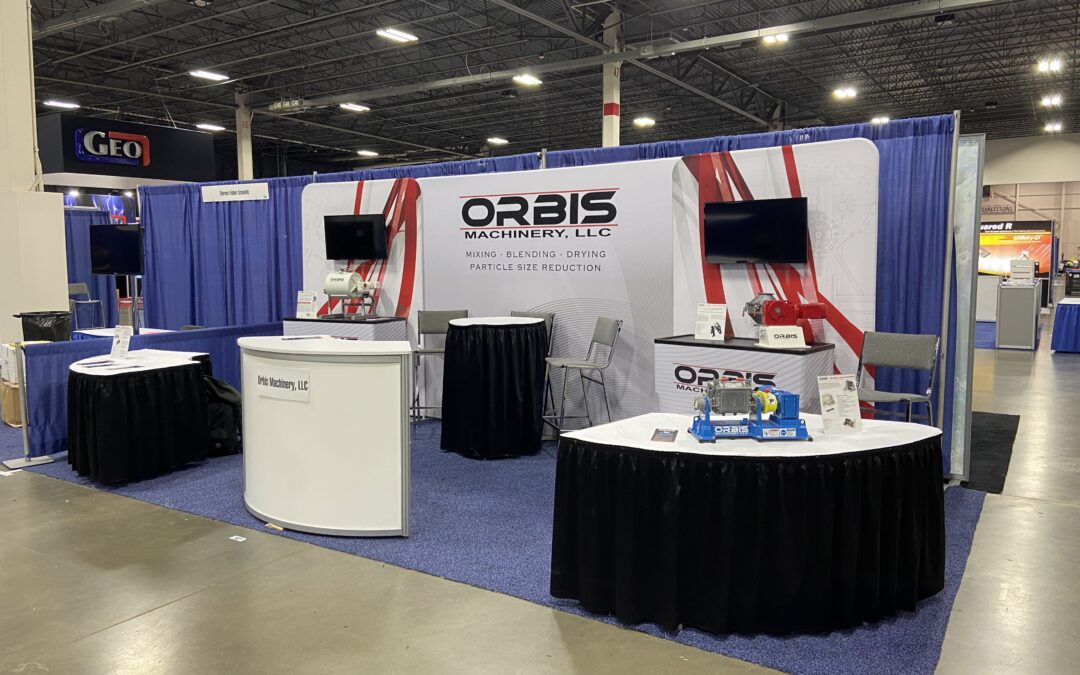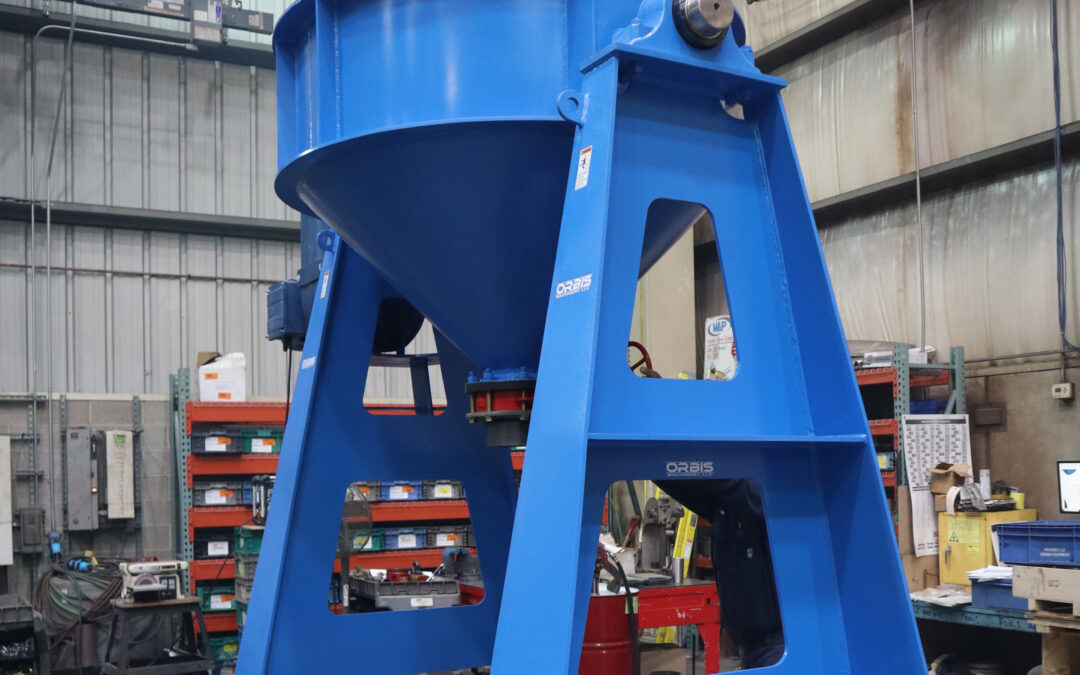These days it’s clear that manufacturing is not an industry often sought after by the millennial generation. But why is that and what can employers do to encourage this younger generation to take a step in the industry’s direction?
It has been found that while 71% of those over the age of 55 find manufacturing to be very important, between the ages of 18 to 34 only 45% of people felt the same way. The root problem of the industry’s gap comes from misconceptions about what manufacturing work entails. Many still imagine repetitive work on assembly lines as a true indication of that market. As baby boomers are retiring at an alarming rate, companies must make the necessary adjustments to attract the millennial work force.
The first step in combating these stereotypes is by debunking myths surrounding manufacturing careers. For example, manufacturing has the highest average wages of private sector industries ($81,289) and the highest tenure for workers (9.7 years). These provide opportunities to alter the public perception of industry careers as a whole. Another option some companies are encouraging is manufacturing tours. Whether it’s a science class or scouts, encouraging students to see firsthand how operations are run, they can grasp a better understanding of the opportunities available and offset the misconceptions often heard.
Opportunities are learning are another great avenue to bring millennials on board. Internships can be offered at the high school or college level, which can assist in closing the gap between students and the manufacturing industry. Apprenticeships and certification programs are another tool that allows entry level staff a foot in the door for a career with great growth potential.
Millennials are often categorized as a generation that is constantly seeking growth within their careers. The idea of staying in one place never satiates the younger generation and therefore, presenting growth opportunities is crucial to both attracting new talent as well as maintaining proficient staff members. Be sure not to imply positions are static with little to no room to advance. Instead, be sure to highlight what potential career paths may be available to those who enter the industry.
Last but not least, highlight advancing technologies that are driving the industry. Millennials grew up with technology and find interest in markets that allow their technical knowledge to be put to good use. Review strategies your company has or will be putting into place utilizing the technological advancements consistently made within the industry.



